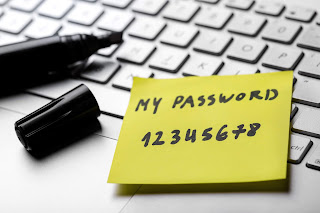Emails have become a fundamental communication channel for many people and companies. Email is a powerful tool that should be used with consideration for the best results. Here we go through some of the best email etiquette practices that companies should consider adopting for their members of staff to ensure professionalism and efficiency at all times.
1. Be clear in subject lines
Ensure that your subject lines are as clear as possible. You want the recipient to understand exactly what the email will contain before they even open it.
2. Always use a professional email address that is standard across the company
Ensure every member of staff uses a professional email address. Never let them use their personal emails and try and obtain a company domain so all will be standardized. This provides professionalism and is expected from companies now.












